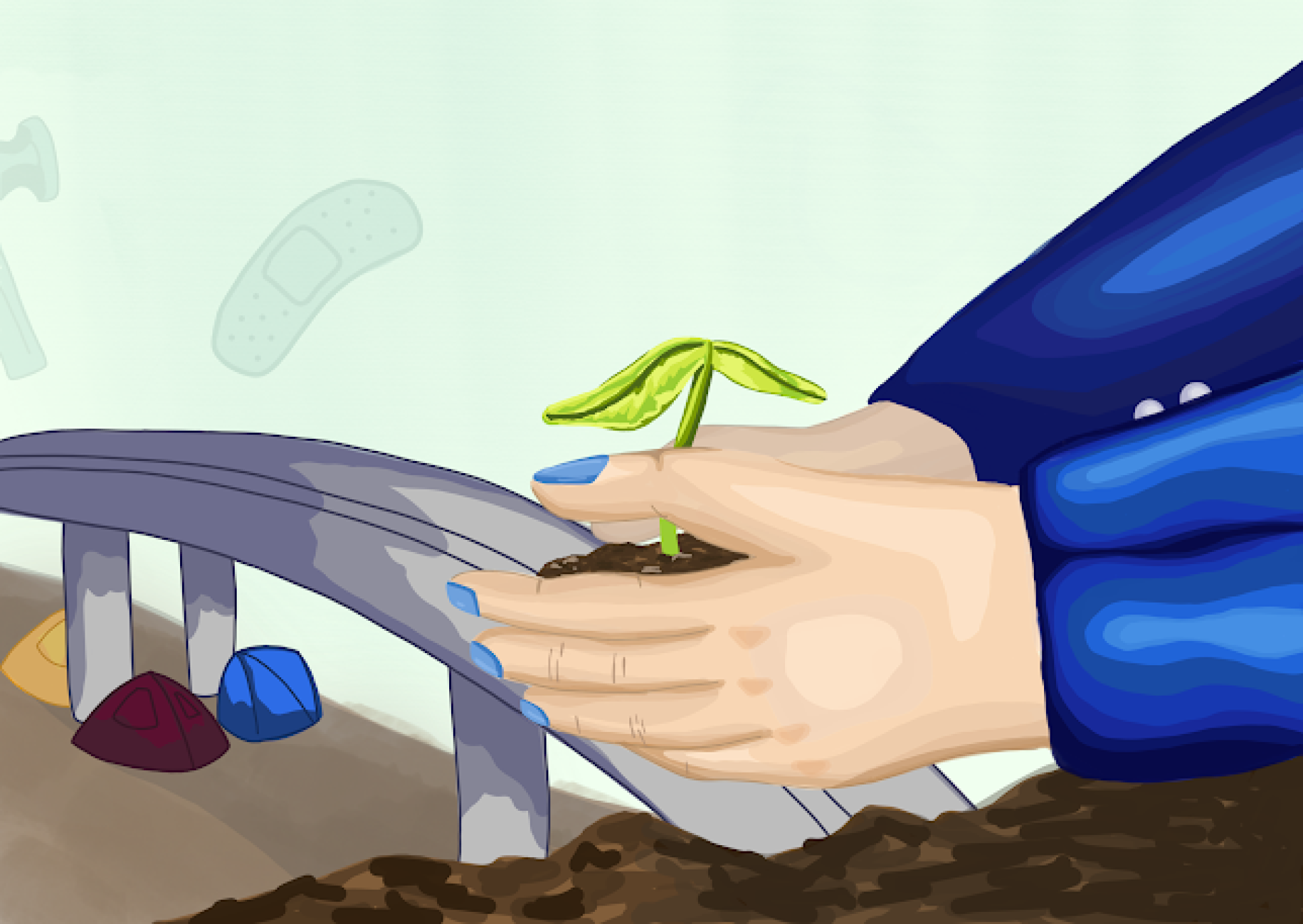PRO
By Ohad Aviran-Finkelstein
The actions of celebrities and politicians have massive effects on society. Although many public figures have taken their power for granted and used it to make little to no difference, other public figures have used their power to make a significant impact, working for the betterment of society.
In the past few years, many celebrities have joined protests to fight for what they believe in. At the height of the Black Lives Matter (BLM) movement, politicians and celebrities such as Beyoncé, Barack Obama, Ariana Grande, and countless others went to protests, all knowing their influence on the actions of those around them. Hundreds of other celebrities used social media to show their support, which filled their followers with passion for the movement as well. By getting involved, these celebrities are combating racism, while bringing their millions of followers alongside them.
While it’s true that a strong motivator of philanthropic deeds is public image — particularly given the increasing relevance of cancel culture — these actions have still had a massive impact on the BLM movement. Cancel culture, a form of withdrawing social support from those who have done something offensive, has become prevalent in today’s society, and being canceled is always on the minds of celebrities and politicians. Due to the huge impact that cancel culture has on these public figures, they follow and support big movements just so that they won’t get canceled by their fan base. Although this isn’t an ideal motive, it doesn’t change the fact that they are doing something to support said movements. When a politician has an idea like the Green New Deal, or a celebrity starts a new trend, their supporters and fan bases spread the word, which helps create change.
Recently, Governor Gavin Newsom arrived in the East Bay to help his Clean California initiative by picking up trash on the side of the road. This launched a wave of activism around where he had visited, which led to the removal of 63,000 cubic yards of trash around the Bay Area. While doing this, he ordered for Berkeley’s largest homeless encampment to be removed, which is absolutely unacceptable, but saying that he hasn’t done anything to combat homelessness would be false. Since his election, Gavin Newsom has set aside 22 billion dollars to fight homelessness, the majority of which will go towards affordable housing and services. This plan won’t immediately impact California’s homeless population, but will make sure that in the future, it will be much smaller than it is now.
Although there are many public figures who don’t do much for their communities, it’s important to recognize that many do make an effort. Despite their motives not being completely altruistic, in the end, politicians and celebrities are still making a positive impact on their communities. Without these public figures spreading information about modern issues, it would be much harder to get anything done. Therefore, when public figures volunteer, it may not always be from the heart, but it does make a positive impact
Con
By Ulysses Noe
As public servants, politicians rely on the support of constituents. For the sake of their careers, politicians will go to great lengths before elections to win support of the majority. Because they can often seem distant from the community they serve, it is not uncommon for them to show up to do volunteering. Whether Barack Obama is serving soup at a meal kitchen, George W. Bush is helping in reconstruction following Hurricane Katrina, or Gavin Newsom is picking up trash at a Berkeley underpass, volunteer work seems to be a staple of most campaigns. Despite the prevalence of political volunteer work, it does not positively impact surrounding communities.
It’s hard to imagine something wrong with volunteering for a good cause. Politicians, however, don’t volunteer for the sake of volunteering. Instead they volunteer when cameras are pointed at them. Unlike the everyday citizen, politicians are in a unique position to create change beyond small-scale local work. The purpose of a politician volunteering is to give the idea that they bring positive change to a community.
Governor Gavin Newsom received a lot of attention around the East Bay for cleaning up trash on the side of the I-580 in Berkeley. His appearance was part of his promotion of the Clean California program, but also coincided with his campaign to remain governor after threats of recall. The area that Newsom helped clean had been one of Berkeley’s largest homeless encampments until it was cleared in the days leading up to his appearance. Newsom received criticism for sanitizing the image of California without actually making a dent in helping the state’s large unhoused population.
Similarly, it is easier to find pictures of George W. Bush happily screwing together two-by-fours as part of the effort to rebuild Louisiana after Hurricane Katrina than it is to find real praise for the federal government’s response to Hurricane Katrina. While there is nothing inherently wrong with a politician showing up to volunteer somewhere, it is usually done without being paired with beneficial policies.
Ultimately, politicians volunteering is closer to political theater than making real change. While their local appearances have the potential to spark attention surrounding an issue that needs awareness, they tend to serve the interest of the politician first. Constituents would gain a lot more from being able to actually interact with the politicians that serve them. Instead of focusing on large self-promotional events, it would be most beneficial for society if politicians looked for ways to actually get in touch with citizens and stay up to date on their needs.





